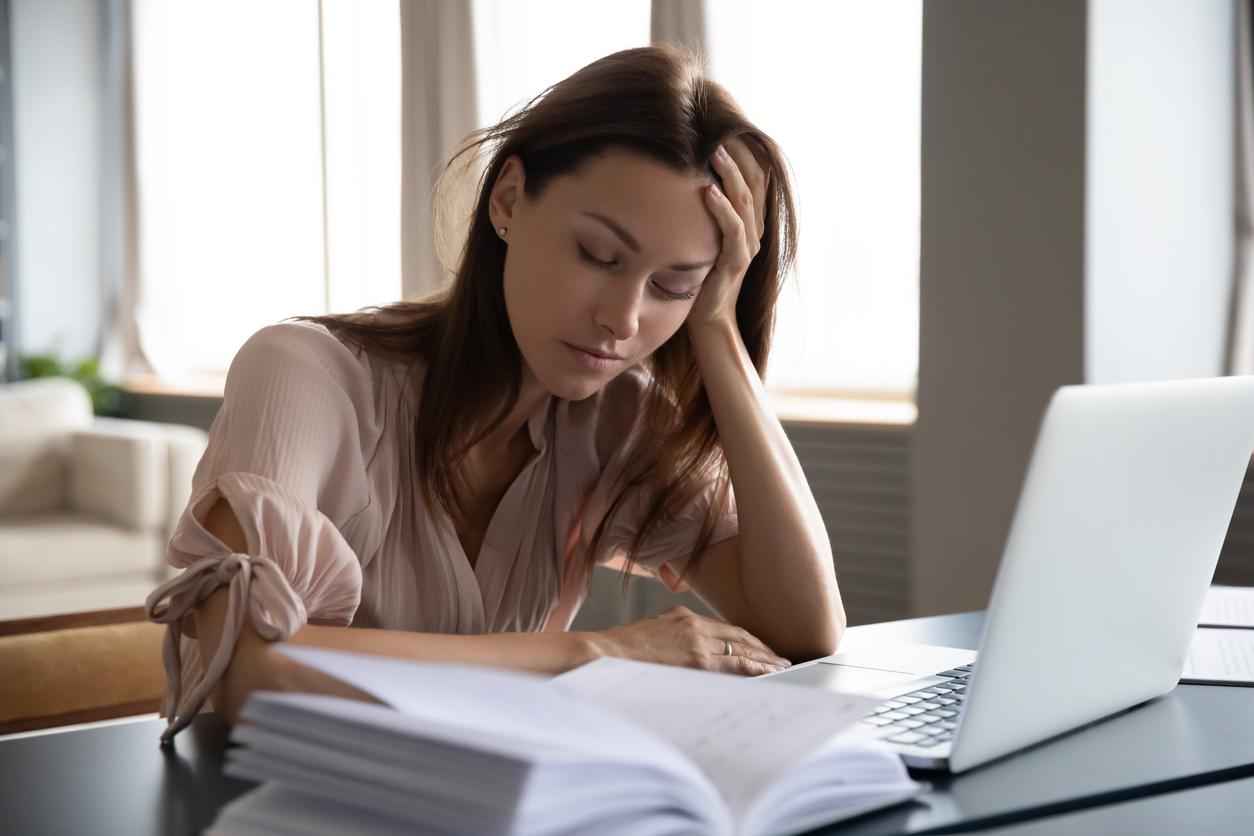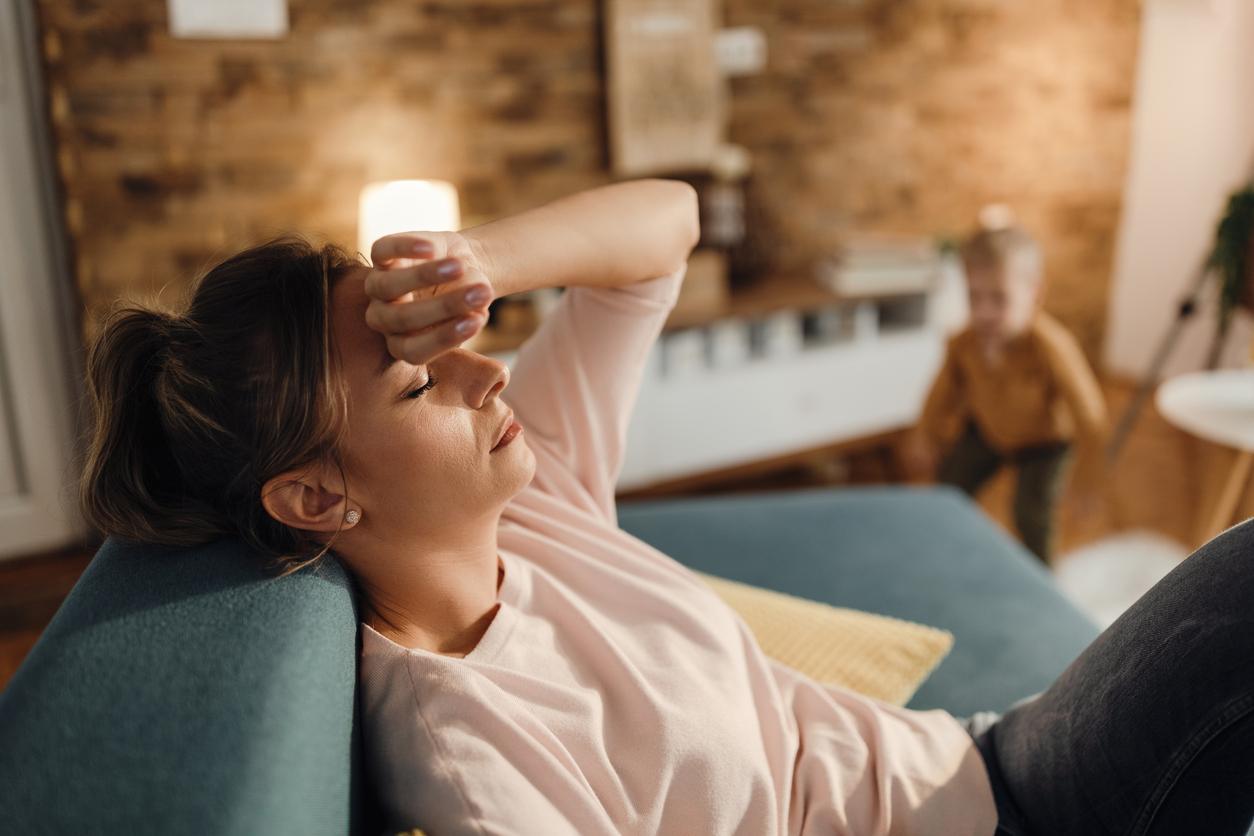Why am I tired? You are exhausted, exhausted or just a little flattened. You feel like you’re lacking tone and energy… Maybe it’s not as bad. Fatigue is a very subjective condition. The “I’m lame” that we commonly hear, covers many realities. But can we measure it and when should we really be worried?
Have you recently wondered, “Why am I tired? One thing is certain, everyone encounters fatigue at one time or another… Fatigue is a “ physiological state which follows a prolonged effort, intense physical or intellectual work. Consequence: we have a real difficulty in prolonging the effort.
Why am I tired?
It’s a feeling ofweakeningfelt by an individual, likely to be caused by a large number of factors (overwork, psychological problems, illness, etc.), and therefore quite difficult to assess with objective criteria.
However, there are self-assessment tests, such as the Pichot Fatigue Scale (which is not sufficient to establish a diagnosis), entertaining little tests like the one in the magazine She entitled ” How tired are you? or apps targeted at eyestrain, such as Eyestrain.
The difference between fatigue and drowsiness
However, it is not necessary not confuse fatigue and drowsiness, which corresponds to a physiological “desire to sleep” after lunch or in the evening, but which becomes pathological or excessive when it occurs daily and outside of the aforementioned hours…
The major causes of drowsiness are insufficient sleep or sleep apnea syndrome. L’National Institute of Sleep and Vigilance suggests using a quick subjective test, the Epworth Sleepiness Scale.
By evaluating drowsiness, we explore possible vigilance disorders, “the state of responsiveness to the environment in which one finds oneself when one is awake”. It is also possible to analyze “objective alertness” using measurements (maintaining alertness, performance in certain activities, etc.) carried out by professionals.
The iSleep applicationdesigned to help you sleep better, also offers the opportunity to assess your alertness during the day thanks to reaction time game. “The better your alertness, the more restorative and good quality your sleep”, the app tells us. In any case, if a state of fatigue or drowsiness persists, it is better to consult a doctor to take stock.
Breathe against fatigue
Do you know that breathing is an exceptional tool against intense fatigue. We can act on our breathing as soon as we want. That’s good, because, by controlling your breath, by improving your way of breathing, you can easily and quickly soothe your autonomic nervous system, which reintroduces balance where there was disorder.
Negative thoughts, stress, emotions that overwhelm us…? If better breathing is essential, it is not always enough. But we can use induced relaxation through breathing to go further.
When we focus attention on the breath (its rhythm, its depth, the bodily sensations it provides…), we divert it from obsessive negative thoughts. This allows at the same time to get out of the trap of uncontrollable emotions. Admit that it is a great tool to fight against intense fatigue!
here is a short breathing exercise invigorating:
- You sit on the edge of a chair, your back straight, your shoulders relaxed, your hands resting on your thighs.
- Breathe in through your nose for a slow count of 3. Then hold your breath for another count of 3, and exhale fully for a count of 6.
- It’s very simple, but very effective in relieving moral or nervous fatigue and escaping disturbing thoughts and emotions…















